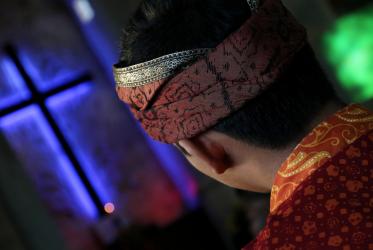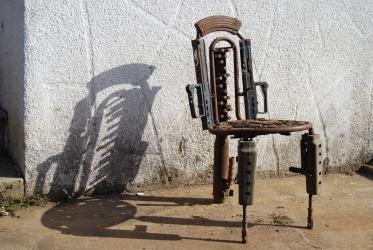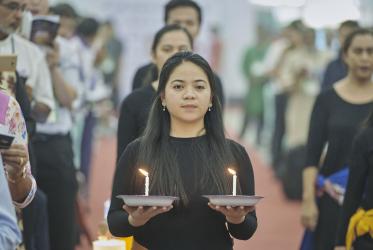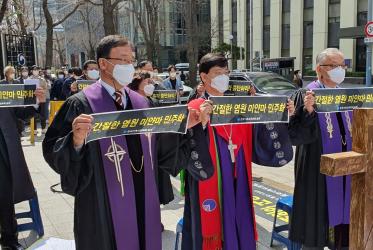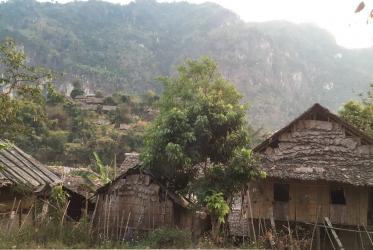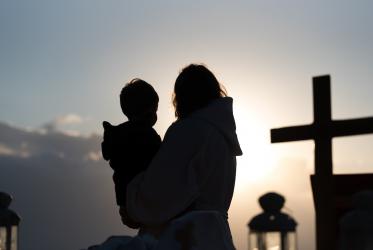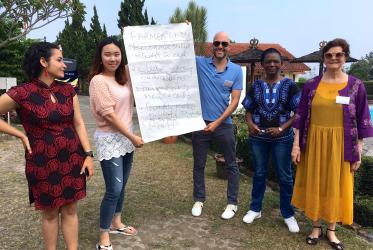Displaying 41 - 60 of 151
WCC condemns bombing of Makassar church in Indonesia
29 March 2021
In a COVID-stricken world, “everyone is important”
23 October 2020
New student body at Bossey Ecumenical Institute “a source of joy”
14 September 2020
WCC relaunches Sarah Chakko Scholarship Fund
30 January 2020
The cry of the Papuans in Indonesia
14 November 2019
WCC gravely concerned for West Papua
25 September 2019
School on economics proves “eye-opening” across globe
02 September 2019
“Economy of life” lifted up at special school in Indonesia
22 August 2019
